2024: Year in Rewind
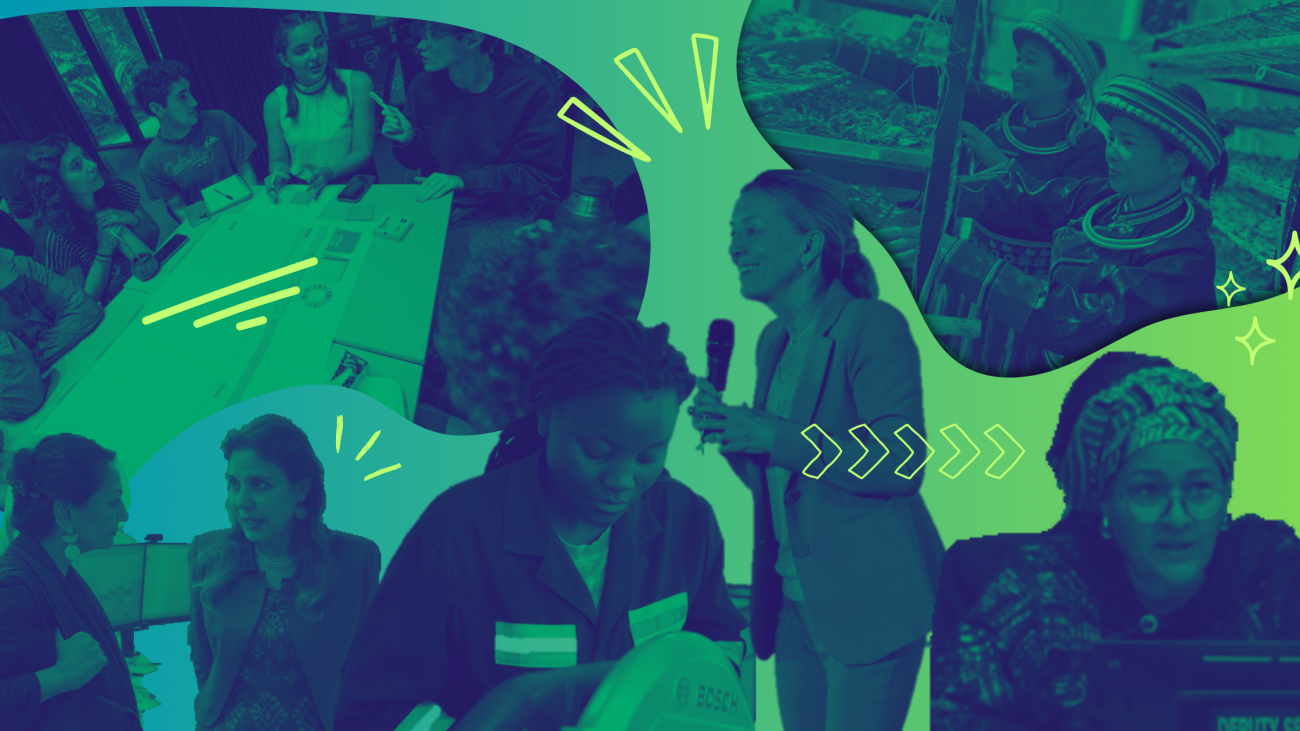
Throughout 2024, Resident Coordinators and UN country teams intensified their efforts to advance the Sustainable Development Goals (SDGs) and the transformative 2030 Agenda. From bustling capitals to remote villages, UN entities forged dynamic partnerships with governments, civil society organizations, private sector leaders, passionate young people, and diverse communities.
As the year draws to a close, we reflect on the various areas where Resident Coordinators and UN teams spearheaded initiatives that moved the dial on some of the most pressing challenges of our time. Here is a glimpse into some of the top stories that marked this year and will pave the way for 2025.
Driving digital inclusion and transformation
21st century problems require new-age solutions, and UN Resident Coordinators and their teams have zeroed in on digital transformation and inclusion as a much-needed lever for long-term prosperity.
In Bhutan, a digital school meal planner is revolutionizing the way school meals are planned and sourced, bringing nutritious meals for children and empowering smallholder farmers.
Meanwhile, in Zambia, and Tunisia, joint UN initiatives are boosting opportunities for young people in education and entrepreneurship.
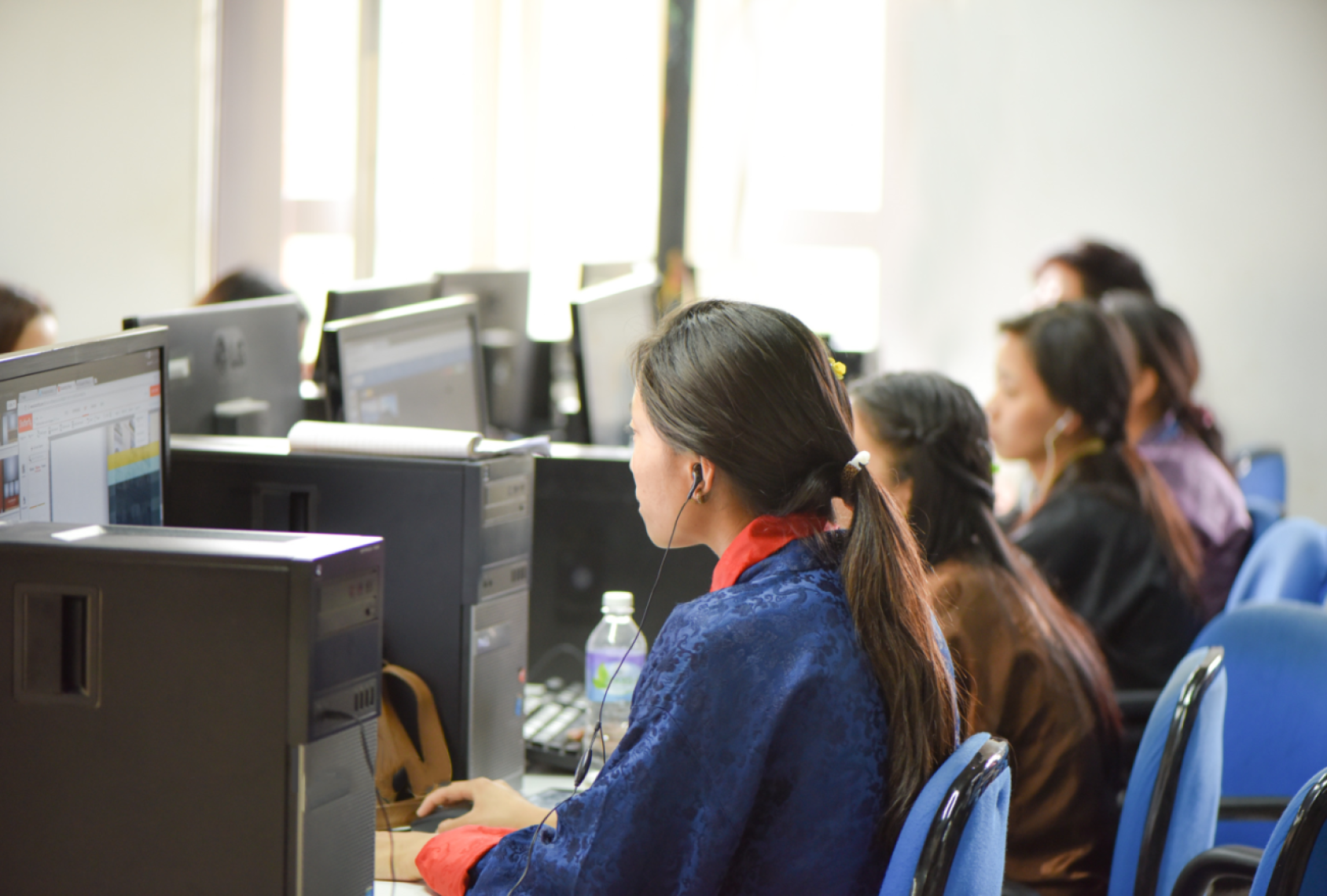
Gender equality
In Georgia, targeted initiatives are focused on increasing women’s political participation and empowering women entrepreneurs. These efforts are creating new pathways for women to lead and succeed.
The ongoing challenges faced by women in Afghanistan underscore the urgent need for continued support and investment in their future. The UN in Afghanistan has remained steadfast in its commitment to Afghan women, recognizing that their education, health, and economic empowerment are essential for the nation's progress.
Meanwhile, in El Salvador, women are actively shaping a more peaceful society through their participation in peacebuilding and conflict resolution.
Throughout the year, UN entities have focused their efforts on combating violence against women, working to create safer environments where women can live without fear and thrive.

Responding to crisis and conflict
In Ukraine, despite the immense hardship caused by the war, we witness a remarkable determination among Ukrainians to rebuild. The UN's efforts focused on supporting long-term sustainable development while addressing immediate humanitarian needs.
UN agencies are working in Haiti, where multiple crises have created a critical situation that demands urgent and coordinated action to alleviate suffering and build a path towards stability.
In Mali, despite ongoing crises, women are persevering in their pursuit of peace and political participation.
The UN is working to nurture resilience, supporting Iraq's journey towards a more stable and prosperous future.
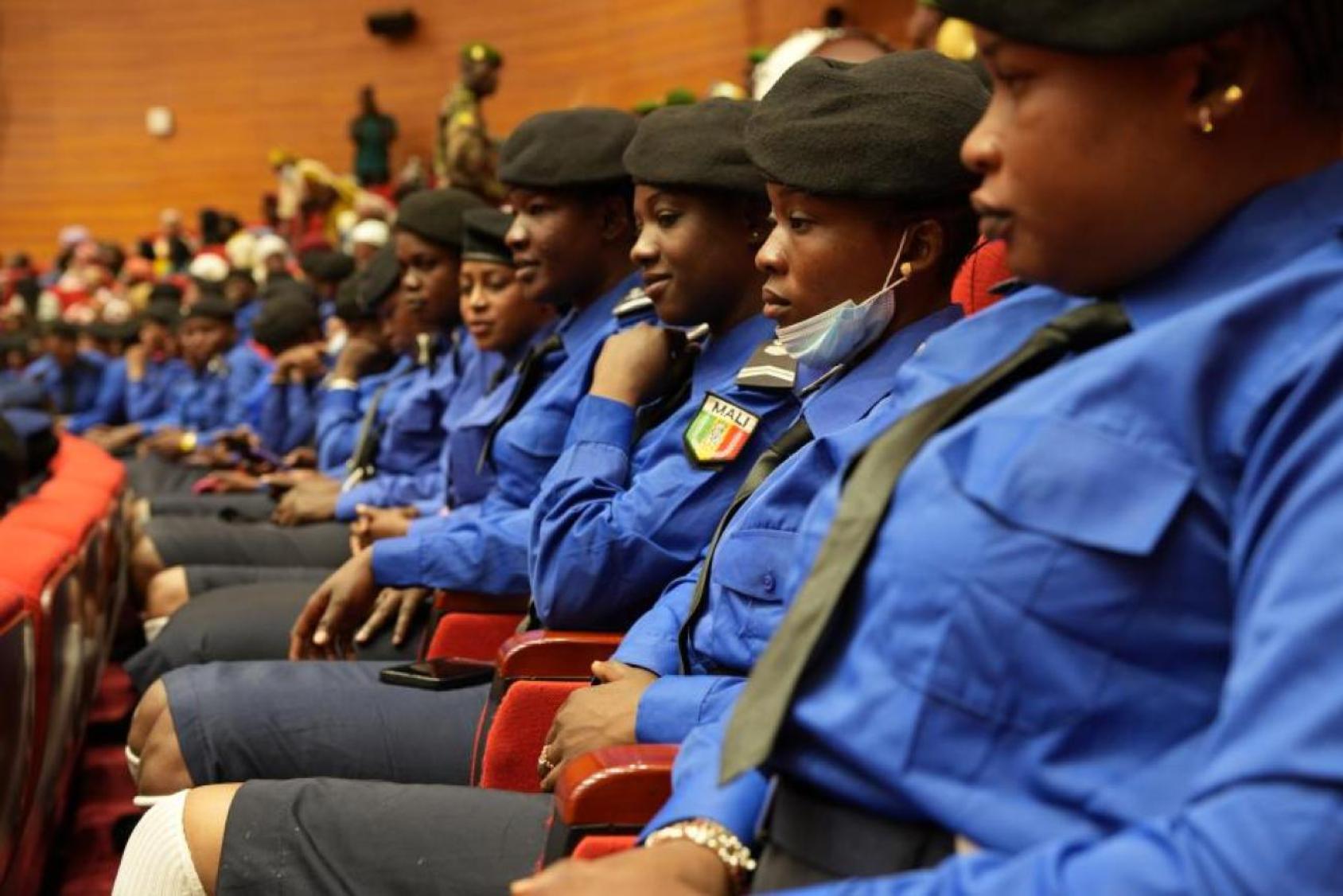
From relief to resilience
Following typhoon season in the Philippines, the UN mobilized resources and coordinated with local partners to provide immediate relief.
After Hurricane Beryl struck the Caribbean, the focus was not only on immediate support but also on fostering long-term resilience in the face of climate change.
In Papua New Guinea, the UN provided crucial support in the aftermath of devastating landslides, showcasing a commitment to stand with affected communities during their most challenging moments.

Uniting for climate action
The three Rio Conventions – on climate change, biodiversity, and desertification – provide a critical framework for international cooperation. Resident Coordinators actively supported the "Rio Trio", working with governments and partners to drive action on these intertwined issues.
Beginning with the UN Biodiversity Conference (COP16), the call to "forge peace with nature" underscored that human prosperity is inextricably linked to the health of ecosystems.
The UN Climate Change Conference (COP28) urged nations to accelerate and finance the transition to a low-carbon future.
The Rio Trio concluded with the UN Convention to Combat Desertification (COP14) which focused on the need for greater attention to land degradation and its links to poverty, food insecurity, and climate change.
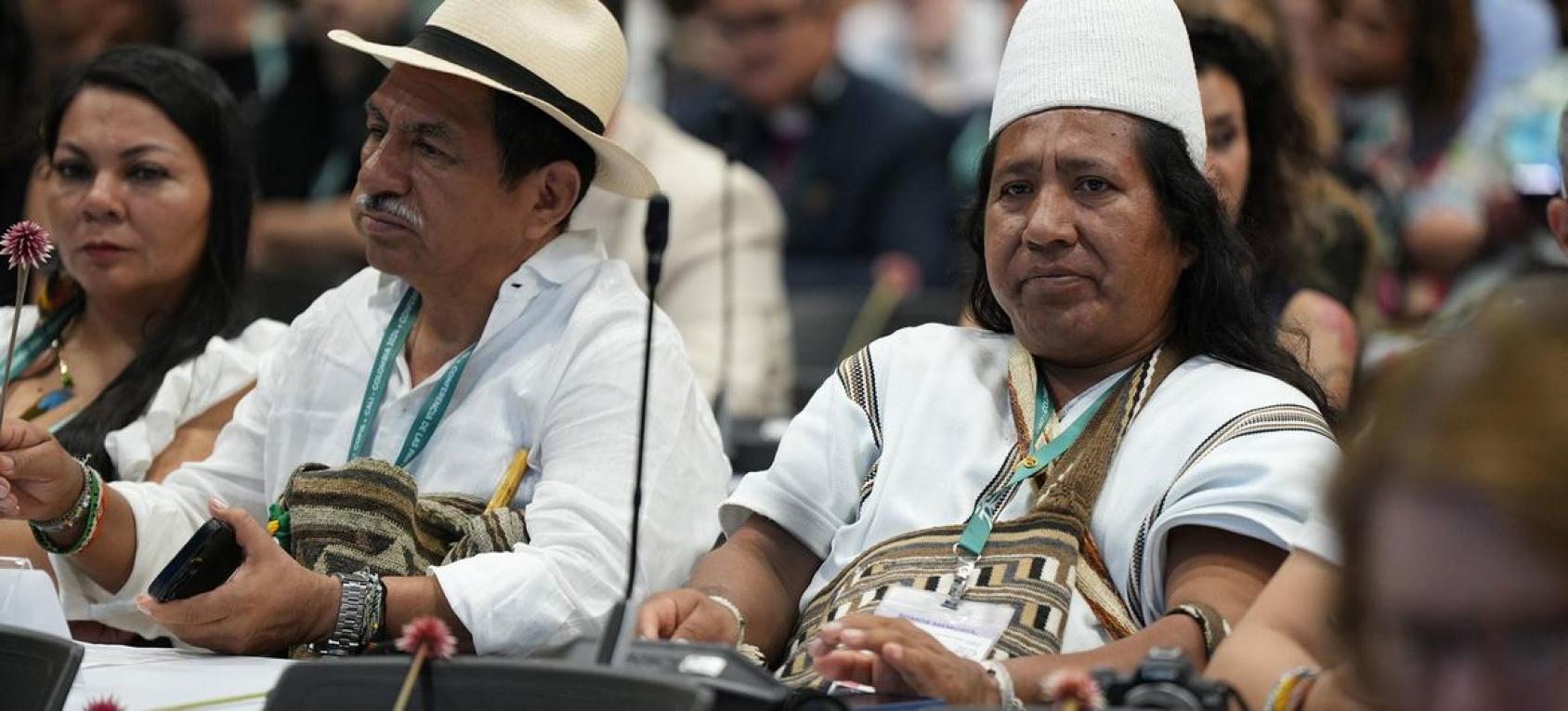
Strengthening multilateral processes
As trusted connectors between global commitments and local realities, UN Resident Coordinators have been helping countries to not only uphold obligations but also assume leadership in multilateral arenas.
From highlighting existential challenges faced by small island developing states to amplifying the support to local governments and leaders, Resident Coordinators ensured that even at the highest levels discussions included testimonies of local successes and advocacy for marginalized communities.
In Brazil, the UN supported the country’s G20 presidency, ensuring the most pressing issues such as hunger, poverty and climate action were met with ambitious commitments.
At the Economic and Social Council, Resident Coordinators were able to provide vital insights to leaders into how efforts for sustainable development have become more cohesive and effective. Even as UN teams are called on to deliver support to countries and communities with greater urgency, the lack of sustained, quality funding for the UN’s development efforts continues to pose significant challenges.
Finally, this year’s Summit of the Future and the adoption of the Pact of the Future was a culmination of widespread dialogues and consultations in countries that emphasized the urgency to invest in sustainable development as a way out of complex uncertainties.
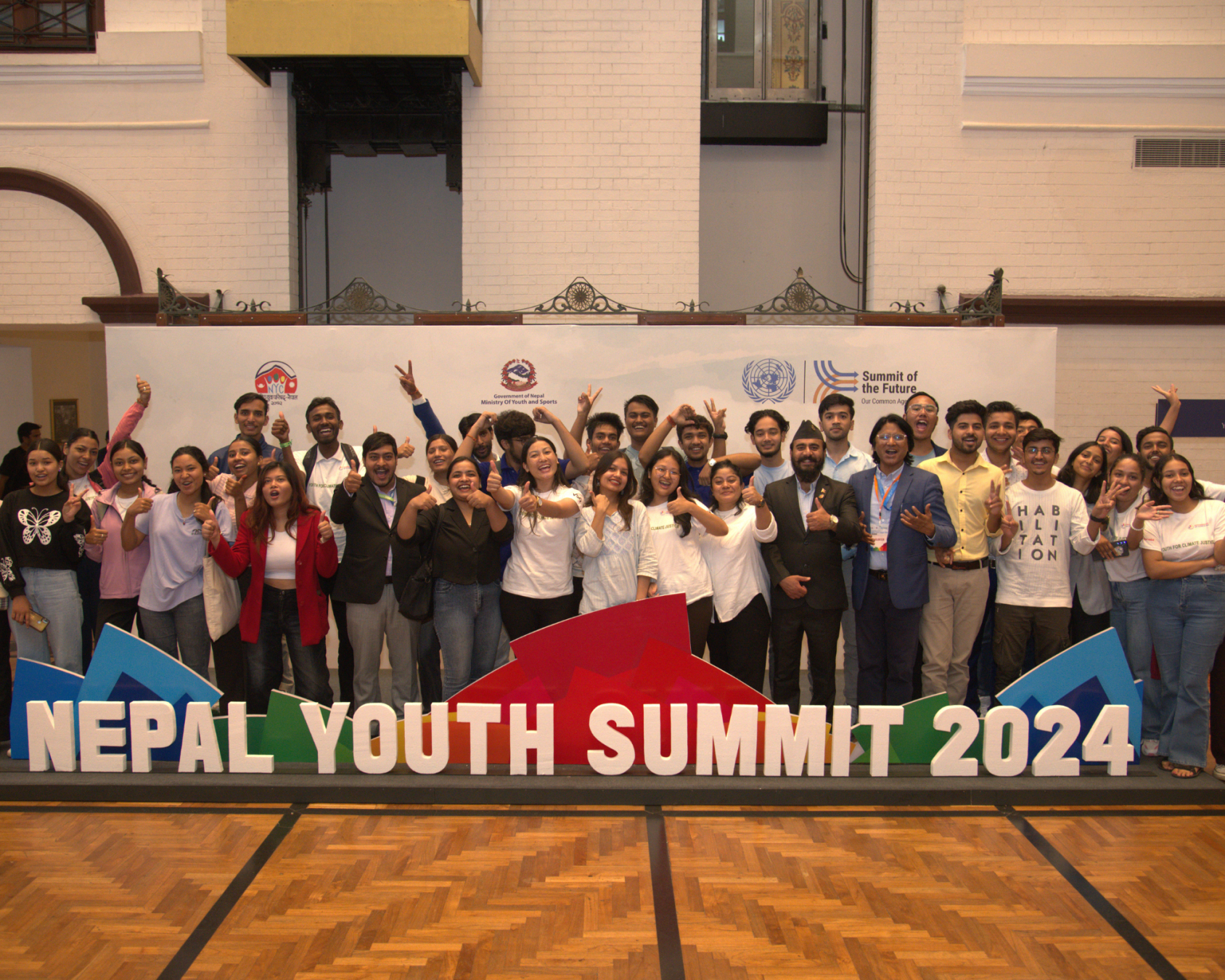
Accelerating and financing the SDGs
Around the world Resident Coordinators set the tone for UN teams and partners to coalesce around and invest in key catalytic areas that can accelerate progress towards the SDGs.
From food systems and the green economy in Guatemala to social protection reforms in Moldova and economic empowerment for youth in Africa, the UN is supporting large-scale systemic change for sustainable development.
With the Pact of the Future as a guiding light to 2030, the UN is spurring an ecosystem of actors to work together to transform policy, finance, partnerships and capacities for a sustainable future.
The Joint SDG Fund has been critical to this, pooling resources and supporting transformative initiatives for the SDGs. Since 2019, it has committed US$320 million to over 236 programmes, advancing social protection, SDG financing, and resilience.
Even as global challenges loom large, UN teams and Resident Coordinators stand ready to forge ahead in 2025, bringing renewed resolve and hope to the mission of a more resilient world.













